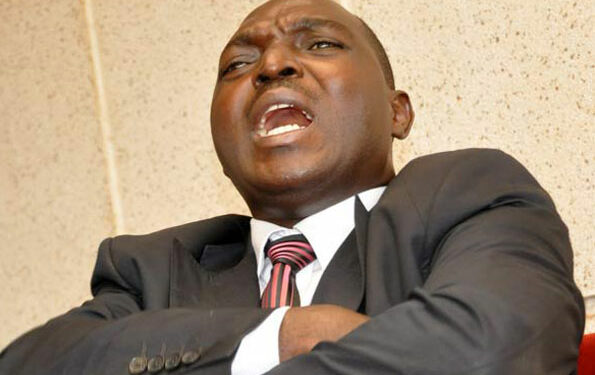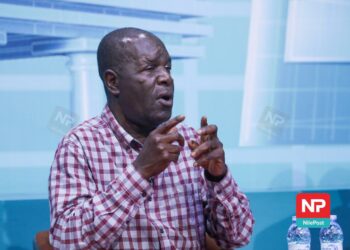The question of whether MP Barnabas Tinkasimire has the moral ground to challenge the education credentials of his colleague, MP David Kabanda, is a complex one that touches on issues of integrity, hypocrisy, and the role of personal history in public discourse. To argue this case, we must consider the principles of moral authority, the relevance of past actions, and the broader implications of such public criticisms in the political arena.
- Moral Authority and Hypocrisy
Moral authority is the credibility one has to speak on ethical or integrity-based issues, often derived from one’s own conduct and adherence to the principles they advocate. In this case, Tinkasimire’s criticism of Kabanda’s education credentials hinges on his own perceived moral standing. However, if Tinkasimire’s academic history is marred by allegations of cheating, as reported by the Daily Monitor regarding charges by the Islamic University in Uganda (IUIU)’s Law School, his moral authority to challenge Kabanda is significantly undermined.
Hypocrisy arises when an individual holds others to standards they themselves fail to meet. If Tinkasimire has engaged in academic dishonesty, his criticism of Kabanda’s education credentials becomes hypocritical. This undermines his credibility and makes his attacks appear more like political mudslinging than genuine concern for integrity or educational standards. In politics, where public trust is paramount, such behavior can erode confidence in both individuals and the institution they represent.
- The Relevance of Past Actions
While everyone is entitled to redemption and growth, past actions, especially those involving integrity, remain relevant in public life. Tinkasimire’s alleged dismissal for cheating is a serious matter, as it speaks to his character and respect for institutional rules. If true, this incident raises questions about his fitness to judge others on similar grounds. Public officials are held to higher standards because their actions and words influence public trust and policy. Tinkasimire’s past, therefore, cannot be dismissed as irrelevant when he positions himself as a champion of academic integrity.
On the other hand, Kabanda’s education credentials, regardless of their perceived quality, should be evaluated on their own merit. If Tinkasimire’s criticisms are based on factual inaccuracies or exaggerations, they risk being seen as politically motivated rather than constructive. The focus should be on whether Kabanda’s qualifications meet the legal and constitutional requirements for holding office, not on subjective comparisons or personal attacks.
- The Role of Public Discourse in Politics
Political discourse should ideally focus on policies, governance, and the welfare of citizens. When debates devolve into personal attacks, they distract from substantive issues and contribute to a toxic political culture. Tinkasimire’s criticism of Kabanda’s education credentials, especially if rooted in hypocrisy, detracts from more pressing matters that affect the electorate. It also sets a poor precedent for how political disagreements are conducted, potentially encouraging a cycle of retaliation and character assassination.
Moreover, such criticisms can have a chilling effect on aspiring leaders from humble or non-traditional educational backgrounds. If political success is predicated on having elite academic credentials, it risks excluding capable individuals who may lack formal education but possess the skills and experience to serve effectively. This undermines the democratic principle of equal opportunity for all citizens to participate in governance.
- Conclusion: Does Tinkasimire Have Moral Ground?
In conclusion, MP Barnabas Tinkasimire’s moral ground to challenge MP David Kabanda’s education credentials is highly questionable, given his own alleged academic misconduct. While it is important for public officials to uphold high standards of integrity, Tinkasimire’s past actions undermine his credibility to lead such a critique. His criticisms risk being perceived as hypocritical and politically motivated, rather than a genuine effort to uphold educational or ethical standards.
Instead of focusing on personal attacks, both Tinkasimire and Kabanda should prioritize addressing the needs of their constituents and contributing to meaningful political discourse. Public trust is built on consistency, integrity, and a commitment to the common good—qualities that are best demonstrated through actions, not accusations. If Tinkasimire wishes to regain moral authority, he should address his own past and focus on constructive engagement rather than divisive criticism. Ultimately, the electorate benefits most when leaders rise above personal grievances and work collaboratively to address the challenges facing their communities.
Do you have a story in your community or an opinion to share with us: Email us at editorial@watchdoguganda.com













